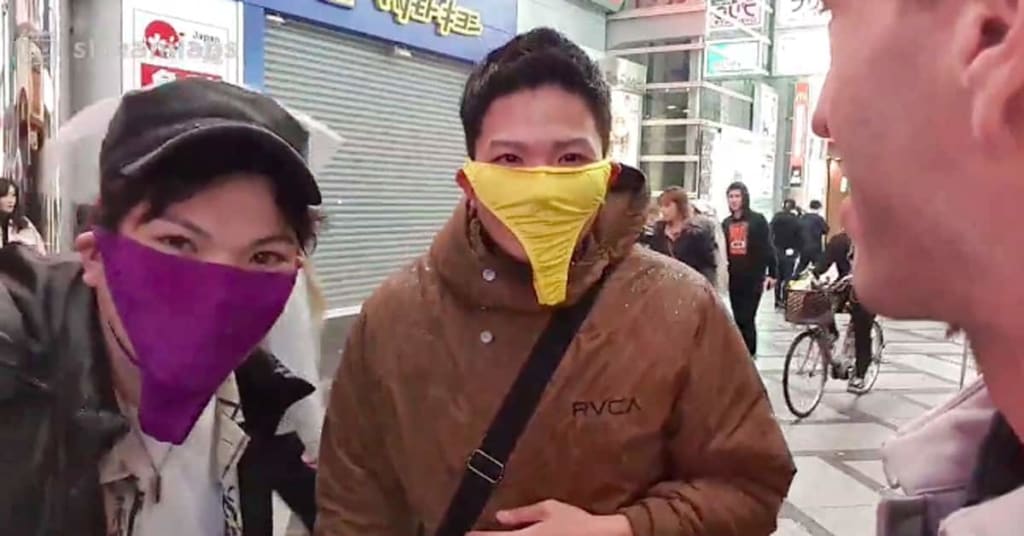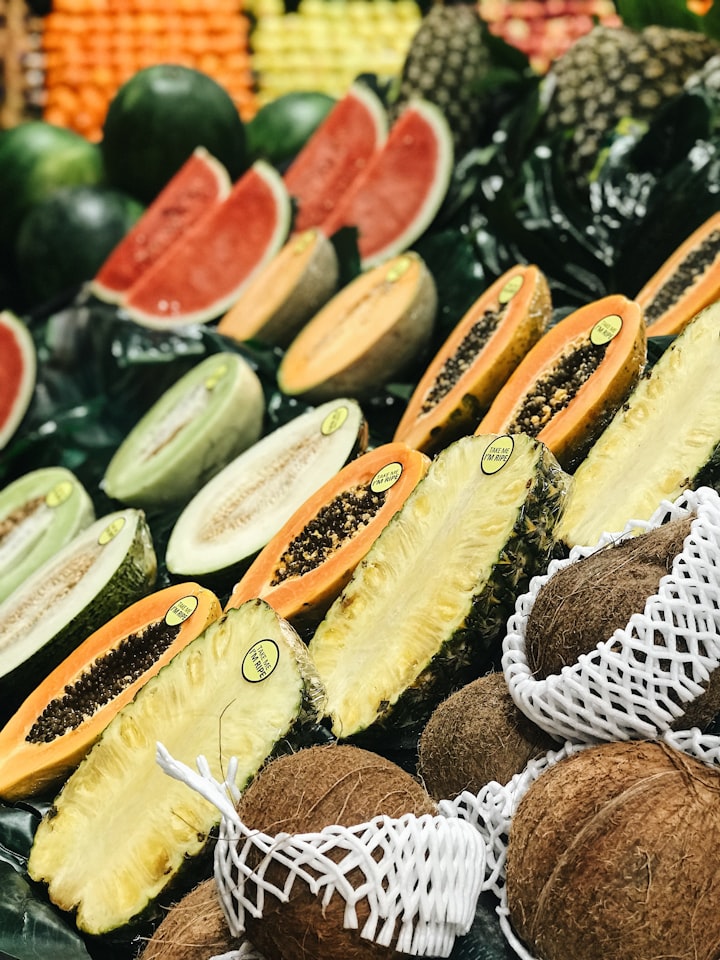
Masks: They're about control, not microns
Consensus is not science; science is not consensus – Michael Crichton.
From the very beginning, it’s been a play on words; do masks stop the spread of covid-19, or are they effective against the spread of covid-19? A casual glance at these statements might tell you they are the same question. What’s the difference, right? Look again! A bulletproof vest will stop the penetration of most bullets. Meaning they will not go through the vest. At the same time, a phone book might just be effective against bullets. What would you feel safer with against your body, a bulletproof vest, or a phone book? In a public setting, with everyone wearing masks while maintaining a six-foot distance from each other, how easily is the virus transmitted? In a positive gravity environment, with little to no breeze/wind and not propelled by force, such as a cough or sneeze, roughly 2 meters is the distance droplets 60 to 100 microns will travel. That’s close to six feet. Sixty microns are enormous compared to .12 microns, which is the size of both the coronavirus and flu virus. What does that mean when comparing distances traveled? When launched at the same speed, such as hitting a golf ball and ping pong ball from a tee, the golf ball will travel much further despite its larger mass than the ping pong ball. Why? Friction. More precisely – air friction. When discussing particles the size of microns, air friction might as well be tar. Have you ever tried spitting into the wind (Jim Croce taught us that wasn’t a good idea)?
Okay, okay, what does all this have to do with masks and their ability to stop the spread of covid-19? Everything! Over the course of a year and a half, we have been inundated with guidelines and policies regarding the proper uses of wearing masks and how effective they are at containing covid-19. What people want to know is just how effective are they? Will masks stop the spread of covid-19? Feel free to check all your sources; you won’t find a definitive NO. Not even from the CDC. In fact, between masks, social (not physical) distancing, and handwashing, masks are the least effective. Upon entering any establishment in an area under covid restrictions, what do you find, or should you find on every door or window? “Masks are required in this establishment,” or something similar. You may see a sign requiring social distancing of six feet. What you never see on any door or window, and surprisingly, in many restrooms is, you must wash your hands. Washing your hands is the single, most effective way of not only stopping the coronavirus but any virus. Masks and social distancing do not kill any viruses. So why masks, if not for our protection? Very important to remember, though you won’t find this statistic scrolling across the bottom of many mainstream news channels, the coronavirus has a ninety-nine percent survival rate. The flu hovers around that same point. What they won’t come out and tell you directly is heat will kill the coronavirus. Absolute humidity. The human body has its own built-in mechanism for fighting viruses; it’s called fever. Fevers kill viruses. A virus is an infection. Dangerously high fevers can cause many problems for the patient, and in many cases, must be monitored very closely. They are still your body’s best defense against infections.
First, let’s research masks; what they can and can’t do. Let’s start with the most popular masks. These would be earloop masks. These can be anything from a standard surgical mask to your basic cloth mask. You have probably seen many versions of masks, from bandanas to bras. We’re not going to waste time discussing those. The simple fact that people are allowed to get away with wearing them in public, in most places, will be exhibit A in our defense against the mandates requiring the wearing of masks. It’s never been about prevention but control. They’ve become a piece of clothing. As commonplace as a pair of socks or underwear. People feel naked without them. If things ever do return to some semblance of normalcy, there will be many people who will voluntarily continue to wear them. Another morsel of agony to chew on is the requirement to wear masks outside in many states.
Are you kidding? Outside! In Oregon, high school junior Maggie Williams was just a few meters from the finish line when she collapsed due to hypoxia, brought on by having to wear a mask during the 800 meters. One of the most grueling races in the sport. Oregon has one of the strictest mask mandates in the country. The contrasts abound! It appears that not all outdoor activities require masks. Some people are exempt from the mandates, depending on who they are and their social status. For instance, athletes are not required to wear masks in professional sports while actively participating in the sport. Why is that?
Somebody posed a question to the NY Times in July 2020, asking if shoppers must wear masks, shouldn’t protestors have to wear masks, implying a glaring double-standard. The response given defended the rioters while shaming those who chose not to wear masks based on principle. That is the definition of a double standard. The responder also implied that “… there’s no evidence that the protests have led to a spike in coronavirus cases.” Citing the George Floyd riots. Does this mean that rioters have a special immunity when protesting, but student athletes, who are more likely to be in far better shape and much younger, don’t have a built-in immunity? Does that make sense?
What is the science behind masks? By and far, the best mask for protection against most viruses is the popular, though less available N-95 mask. Created, in part, to contain the Tuberculosis virus, the N-95 isn’t rated to stop the coronavirus. TB is .3 microns. Coronavirus is 0.12 microns. Big difference! The N-95 mask is rated at .3 microns. Smallpox, perhaps the deadliest virus known to man, is .2 microns. We must conclude if there were another smallpox outbreak, there are no masks capable of stopping it, despite what we are told. How many people are wearing an N-95 mask? Surgical masks and cloth (the most common) masks aren’t even rated! Meaning they are not capable of stopping viruses many times larger than coronavirus. They are the most popular masks being worn by the public. That brings us back to the question, how effective are they? Simple. They are only adequately effective. Adequate being the relative term. Being able to hold your breath underwater for two minutes is much more effective at preventing drowning than only being able to hold it for thirty seconds.
Why are we told that masks work when it’s obvious they don’t? Like those worn by surgeons, surgical masks aren’t designed to stop the spread of viruses from doctor to patient. They are designed to contain spit, snot and stop blood spray. All of which are infinitely larger than any virus. In fact, it says right on the box they come in, “This product is not a respirator and will not provide any protection against COVID-19 (coronavirus) or other viruses or contaminants.” Nothing short of a bio-containment suit will provide you with the protection needed to stop the virus from coming in contact with you. Logically, you would presume the warning on the box is self-explanatory. It says, “… will not provide any protection against Covid-19….” A ten-second search through Google and you will instantly question your first-grade teacher and her credibility as someone competent enough to teach basic reading comprehension.
Politifact published this counterargument to the warning on the box when a meme began making its rounds over social media, claiming just what the box said. Word for word. They declared the warning was being misinterpreted. You can’t make this stuff up! I mean, obviously, you can, but it was enough for Facebook to censor the meme, citing partly false information. Please read it for yourself. You decide.
Are cloth masks any better? Out of the kindness of her heart, did grandma design the ultimate face-covering out of an old quilt, passed down from generation to generation? Probably not. How many surgeons have you seen wearing their favorite cloth mask covered in butterflies? And we are told they are supposed to protect us from this deadly virus? Do you see a pattern? Are masks to protect us, or to control us? Do yourself the biggest favor imaginable; research it for yourself, while keeping an open mind. Awaken the slumbering, critical thinking skills, lying dormant for so long. Above all, don’t forget to breathe the air!
About the Creator
Mark Elliott
My name is Mark. I am recently married to my beautiful wife, Chris! We have two dogs: Belle, a Black Labrador. Jett, a Belgian Shepard. Belle and I are currently pursuing our K9 Search and Rescue certification.






Comments
There are no comments for this story
Be the first to respond and start the conversation.